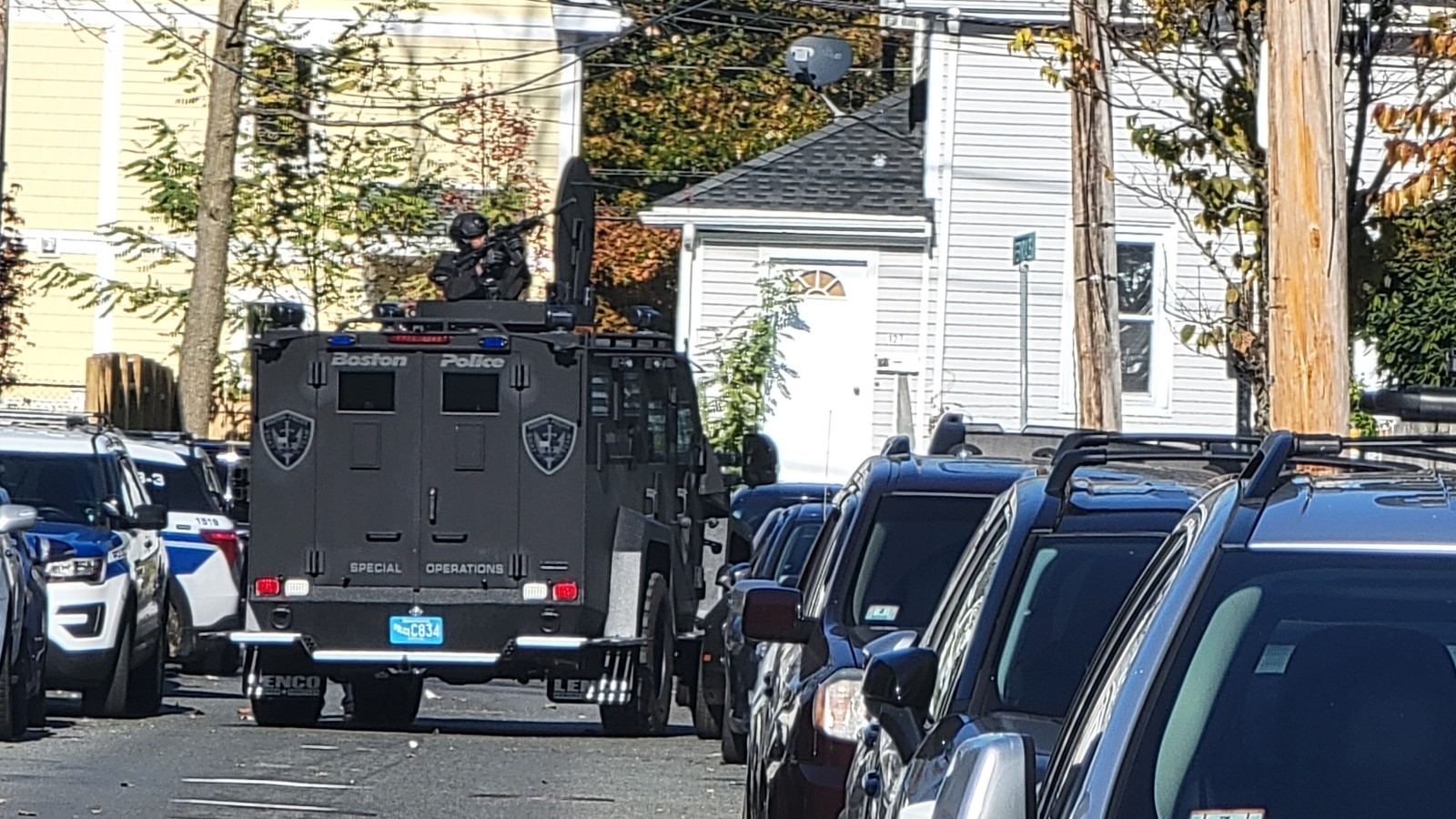The Vermont Climate Assessment aims to provide information to both policy makers and citizens about the impacts of climate change.
A new report on the impacts of climate change on Vermont highlights areas of concern and offers information that could guide policy makers in approaching the complex topic.
According to the Vermont Climate Assessment 2021, a warmer, wetter climate means the state’s iconic skiing and riding season could be shortened by two weeks or a month by the year 2080.
Additional examples of impacts include an expected decline in moose numbers and a rise in certain risks to human health.
“We’re getting more poison ivy and it’s getting more toxic,” noted Gillian Galford of the University of Vermont’s Rubenstein School of Environment and Natural Resources.
The new document traces trends, showing Vermont is nearly two degrees warmer today than in 1900, especially during the winter. It also shows precipitation has jumped more than 20%, mostly in the summer.
The report looks at impacts on 10 sectors, including agriculture and tourism.
“To the extent that we can get some of these understandings into the public lexicon, into the public understanding, would hopefully help shift some of the dynamic in thinking about planning for all these various types of events,” said Lesley-Ann Dupigny-Giroux, Vermont’s state climatologist.
More New England coverage
“One thing that’s on our side in the northeast — we’re getting wetter and we’ll continue to have water,” Joshua Faulkner of the UVM College of Agriculture and Life Sciences. “There are a lot of areas of the country where drought will be a very significant concern, whereas here it’s still a relatively minor concern for us.”
Study authors hope the assessment empowers communities and public policy leaders as they discuss what they can do around cutting carbon and building more resilient infrastructure to withstand fiercer weather.
The full Vermont Climate Assessment is available on this UVM website: https://site.uvm.edu/vtclimateassessment/
“I think the more we can do now to be ready to be ready for these kinds of events, the better off we’ll all be,” Stephen Posner, the policy director of the Gund Institute for Environment at the University of Vermont, said at the conclusion of a presentation on the new report.



